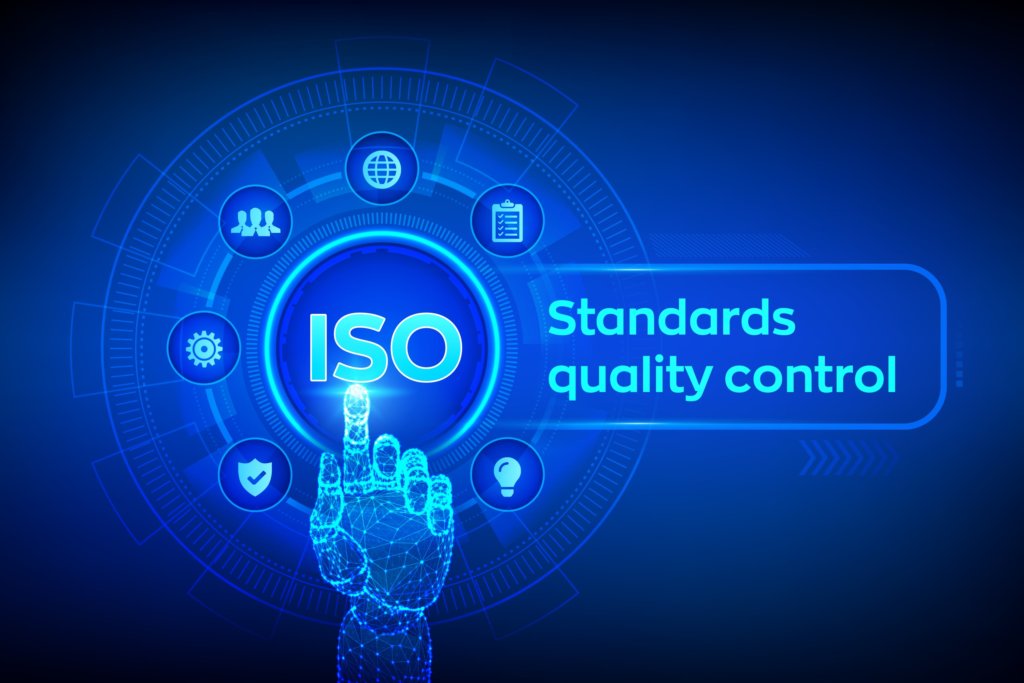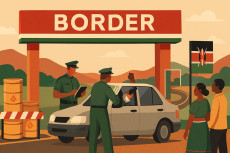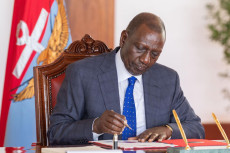- World Standards Day 2025 operates as a signal that the focus on standardization comprises not only the technical aspects but the human ones as well. It embodies the collective will to have functional systems that are just, safe, and sustainable.
Each year on October 14, the entire world acknowledges World Standards Day, a moment to honor global standards that are the foundation of a safer, more environmentally friendly, and more connected world.
This annual event is a joint effort by the International Electrotechnical Commission (IEC), the International Organization for Standardization (ISO), and the International Telecommunication Union (ITU).
The three organizations together propagate the significance of standardization in extending to the world the benefits of innovation, trust, and cooperation.
World Standards Day is the occasion to educate the public about the wide prevalence of standards in almost every area of human life.
From the gadgets and tools used to our daily meals and communications, standards guarantee that uniformity, safety, and quality standards are met.
Besides allowing the interaction of the different systems, algorithms, and objects that adhere to the standards, this activity also facilitates businesses, governments, and private individuals to work efficiently and with civility within the common frame of reference.
"Shared Vision for a Better World | Spotlight on SDG 17 – Partnerships for the Goals," this year’s theme, highlights the contribution of collaboration to the achievement of the United Nations Sustainable Development Goals (SDGs).
More specifically, SDG 17 appeals for a more robust worldwide network which is more innovative, resourceful, and inclusive.
This year's festivities are to remind people about how standards are a common denominator that cuts across the differences of nations, sectors, and communities.
Standards are the venue for global collaboration. These are the common criteria that let the diverse stakeholders find within their different approaches the common objectives and work out a panning getting them to achieve those.
International standards help the various technological systems to function smoothly in different countries in an increasingly networked world.
They also build credibility, which is invaluable in, among others, trade and administration, and they stimulate the exchange of expertise.
All these provisions are necessary in the grapple with such global issues as climate change, digital transformation, and public health.
The 2025 campaign brings out the real-life stories of how the partnerships forged on the basis of standards are revolutionizing the industries and making the lives of people better.
The examples range from a renewable energy venture that depends on the adoption of universally acceptable safety measures to a smart city project that makes use of one communication system modified to be interoperable with another.
These cases highlight the benefits of collaboration through joint agreements. Standards organizations become more amenable to taking part in collaborative work and creating new projects in a socially responsible manner following the adoption of standards as a means to promote consistency and accountability.
In as much as the world is grappling with social, economic, and environmental issues of an alarming magnitude, the crisis has never been so severe as to call for a stronger need for partnerships based on shared ideas, principles, and standards before it can be dealt with successfully.
IEC, ISO, and ITU always prompt stakeholders to engage in dialogues with one another so that they can then jointly develop and implement programs to accelerate the achievement of the SDGs.
World Standards Day 2025 operates as a signal that the focus on standardization comprises not only the technical aspects but the human ones as well. It embodies the collective will to have functional systems that are just, safe, and sustainable.
The international partnerships we currently have and the planned ones that respect the application of the same standards will help achieve the goals set out in Agenda 2030 for a development that is both faster and more inclusive.
Reinforcing the theme, it turns out that the establishment of a “Shared Vision for a Better World” is a shared responsibility among all.
The adoption of standards is the single most important factor that brings such a vision to reality they enable collaboration, facilitate trust, and reassure that no one is devoid of the fruits of progress.
Stay connected with us on WhatsApp and X for instant updates and breaking news as it happens.






-1771508867-md.jpg)





-1771508867-sm.jpg)